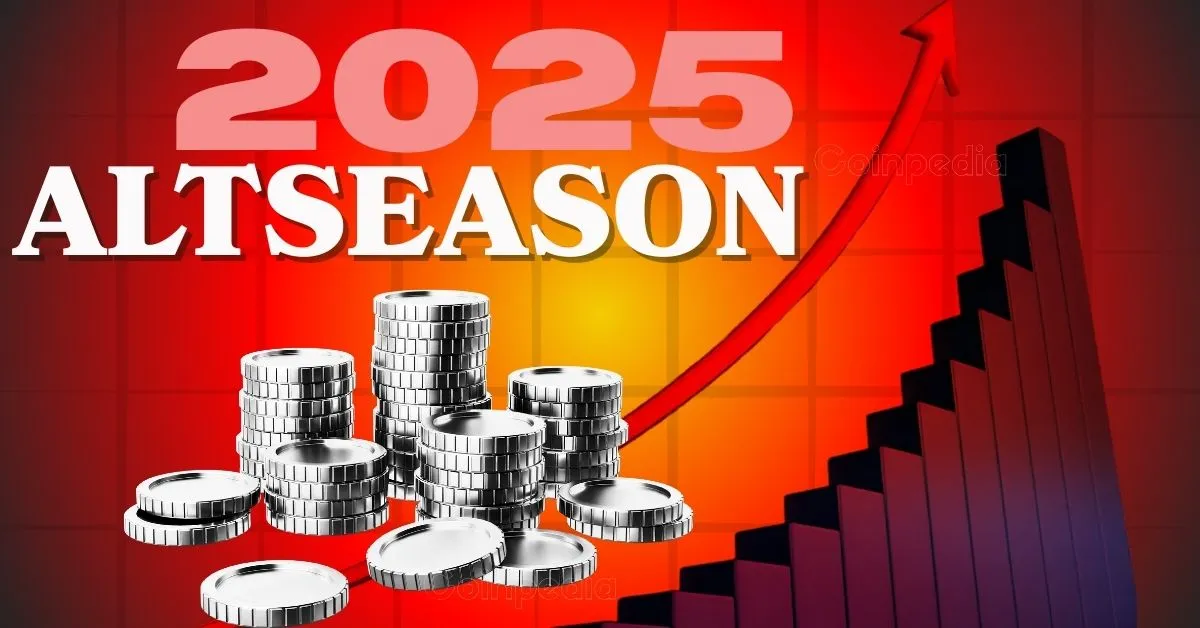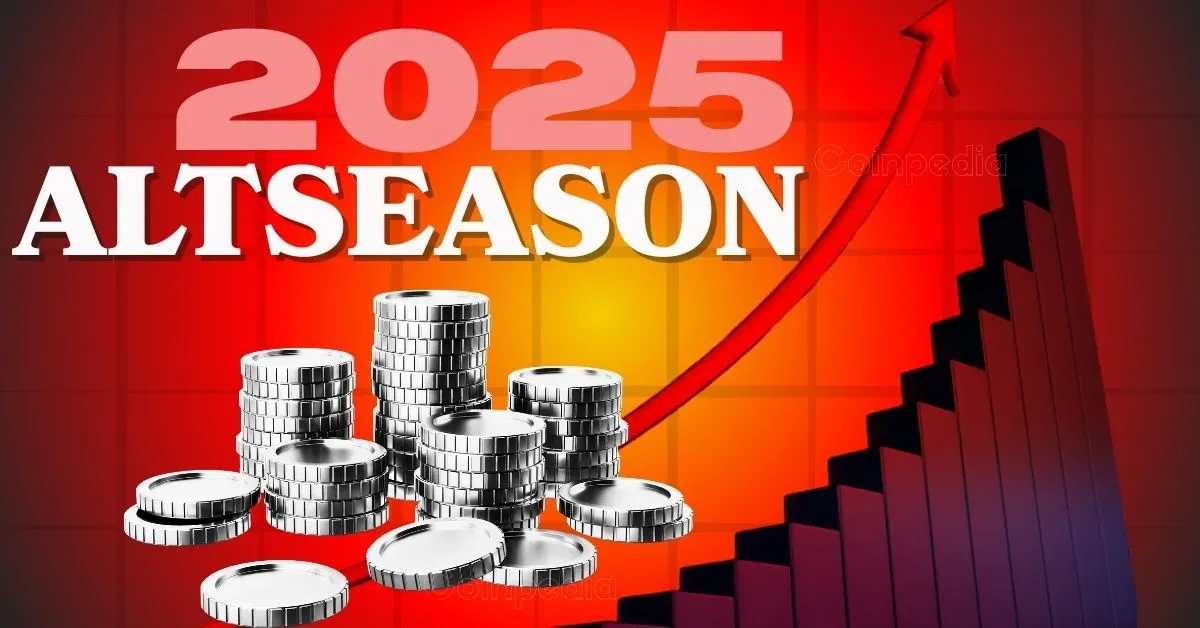The cryptocurrency market has evolved significantly since the inception of Bitcoin, expanding beyond the dominance of the original cryptocurrency and Ethereum. The introduction of Exchange Traded Funds (ETFs) for Bitcoin and Ethereum has validated cryptocurrencies as a legitimate asset class, paving the way for the potential inclusion of other prominent altcoins such as Solana (SOL), Dogecoin (DOGE), and XRP. The approval of these ETFs would represent a significant milestone in the mainstream adoption of digital assets, offering investors new opportunities for diversification and growth.
The success of Bitcoin and Ethereum ETFs has demonstrated the demand for regulated investment products that provide exposure to cryptocurrencies. The approval of these ETFs has opened the door for institutional investors to participate in the crypto market, while also providing retail investors with a familiar and accessible investment vehicle. The potential introduction of Solana, Dogecoin, and XRP ETFs would further diversify the crypto ETF landscape, allowing investors to gain exposure to a broader range of digital assets.
Solana has emerged as a strong contender in the smart contract platform arena, challenging Ethereum’s dominance with its high transaction speeds and lower fees. Its innovative architecture, based on Proof of History (PoH) combined with Proof of Stake (PoS), allows for significantly faster transaction processing compared to Ethereum’s current Proof of Work system. Solana has cultivated a thriving ecosystem of decentralized finance (DeFi) applications and meme coins, attracting a large and active user base. This vibrant community and the growing number of projects building on Solana make it an attractive candidate for an ETF.
The increasing institutional interest in Solana is evident from analyst reports suggesting significant potential inflows upon ETF approval. JP Morgan analysts estimate that a Solana ETF could attract between $4 and $8 billion in investments, indicating strong demand from institutional investors. The approval odds for a Solana ETF are currently high, with analysts estimating a high probability of approval. However, the SEC has delayed decisions on Solana ETFs, pushing the final decision date to October 2025. Despite the delay, the high probability of approval reflects the market’s confidence in Solana’s potential.
Dogecoin, initially created as a lighthearted meme, has surprisingly evolved into a prominent cryptocurrency with a large and dedicated following. Its resilience and continued relevance in the crypto market have made it a potential candidate for an ETF. Dogecoin’s strength lies in its strong community support and widespread recognition. Despite its origins as a meme coin, Dogecoin has demonstrated staying power, maintaining a significant market capitalization and active trading volume.
Dogecoin has experienced significant price surges, often driven by social media trends and endorsements from prominent figures. Recent political events have also contributed to its increased visibility and market activity. While Dogecoin has gained mainstream attention, its approval for an ETF faces unique challenges. Its perception as a meme coin and its lack of inherent utility compared to platforms like Solana could raise concerns among regulators. Several issuers have signaled their intent to offer spot Dogecoin ETFs. However, the SEC has delayed decisions on Dogecoin ETFs, with review dates set for mid-June 2025.
XRP, associated with Ripple Labs, is designed to facilitate cross-border payments. Its focus on real-world applications and partnerships with financial institutions has positioned it as a potential leader in the financial technology sector. XRP’s primary use case in enabling faster and more efficient cross-border transactions has garnered attention from financial institutions. Its partnerships and integration into existing financial systems enhance its appeal as a practical solution for global payments.
XRP has faced significant regulatory scrutiny due to legal battles with the SEC over its classification as a security. These legal challenges have created uncertainty around its regulatory status and potential impact on its ETF approval. Despite the legal hurdles, XRP remains a popular cryptocurrency with a strong community. Analysts estimate a reasonable chance of approval for XRP ETFs, driven by its market presence and potential for institutional adoption. Several companies have filed for XRP ETFs, but the SEC has delayed its decision, pushing back the ruling on proposed XRP products.
The potential approval of Solana, Dogecoin, and XRP ETFs would bring several benefits to the cryptocurrency market. ETFs provide a regulated and accessible avenue for investors to gain exposure to altcoins, increasing liquidity in the market. ETFs can bring altcoins into the mainstream investment landscape, attracting institutional investors and broadening the investor base. ETFs can contribute to more efficient price discovery for altcoins, reducing volatility and increasing market stability. ETFs allow investors to diversify their crypto portfolios, spreading risk across multiple assets.
However, the approval of altcoin ETFs is not without challenges and risks. The approval of altcoin ETFs is subject to regulatory scrutiny and potential delays. The SEC’s concerns about market manipulation, investor protection, and the underlying assets could hinder approval. Altcoins are generally more volatile than Bitcoin and Ethereum, posing risks for ETF investors. Ensuring the safe custody and security of the underlying altcoins is crucial for ETF providers. Determining the fair value of altcoins and accurately reflecting it in the ETF’s net asset value can be challenging due to market fluctuations and limited historical data.
The cryptocurrency market is poised for further expansion and integration into mainstream finance. The potential approval of Solana, Dogecoin, and XRP ETFs represents a significant step in this evolution, offering investors new opportunities for diversification and growth. While regulatory hurdles and market volatility pose challenges, the benefits of increased liquidity, mainstream adoption, and price discovery are substantial.
The introduction of altcoin ETFs marks a new era of crypto investing, where digital assets become increasingly accessible and integrated into traditional investment portfolios. As the SEC continues to evaluate and refine its regulatory framework, the future looks promising for a diverse and thriving crypto ETF market. The potential approval of Solana, Dogecoin, and XRP ETFs could trigger an “altcoin ETF summer,” characterized by increased market activity, institutional adoption, and renewed investor interest in the broader cryptocurrency ecosystem.












